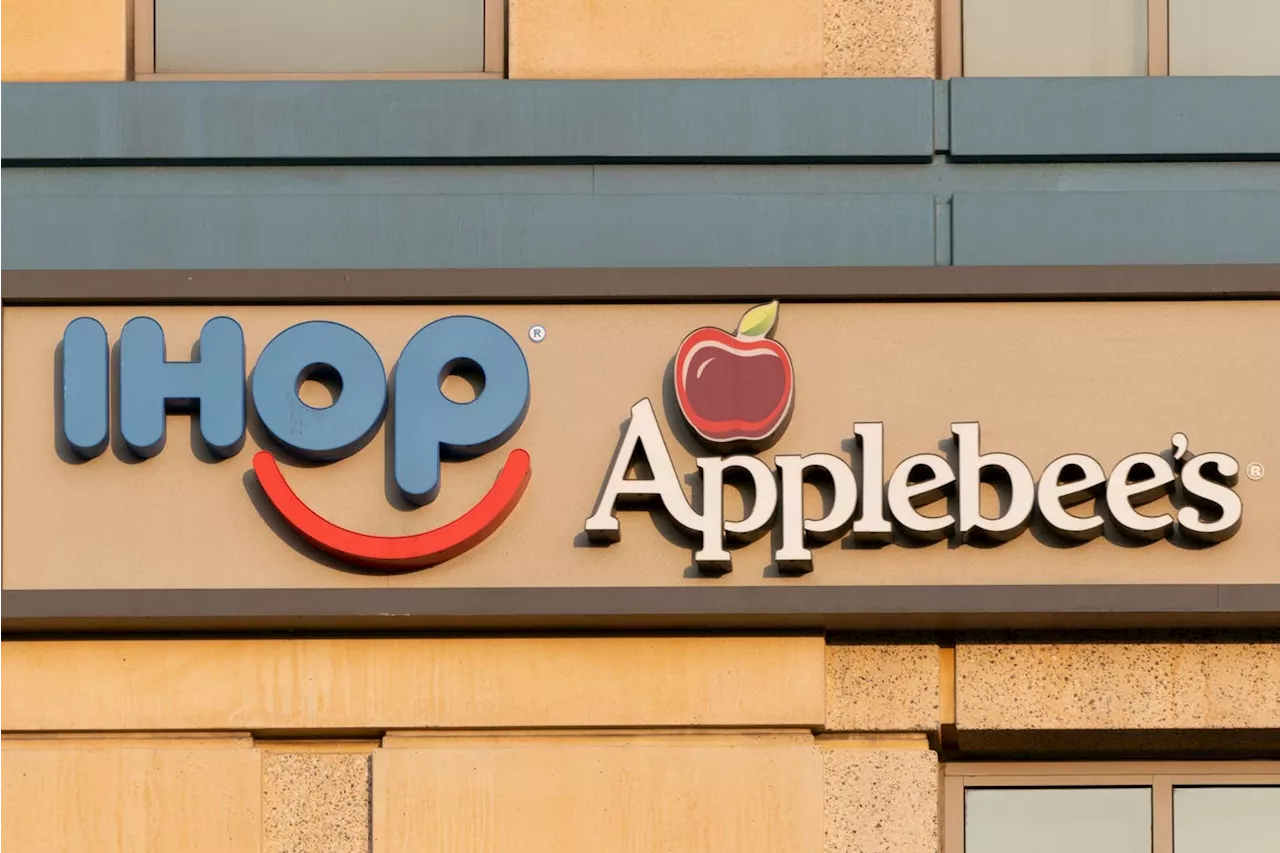Business
Dine Brands Faces Governance Crisis as Shareholders Lose $600 Million

Dine Brands has plunged into a governance crisis, leading to a staggering loss of nearly $600 million in shareholder value. The company’s stock has declined by approximately 70 percent, primarily due to inadequate board oversight and unfilled seats during a critical period. This situation highlights a severe lack of accountability from a board that has failed to act while shareholders bear the brunt of the financial fallout.
The crisis unfolded in Glendale, California, where Dine Brands operates its flagship restaurants, IHOP and Applebee’s. According to finance expert Jim Osman, this decline is not merely a reflection of market conditions but a direct consequence of poor governance. “The decline is not a business cycle story. It is a boardroom story,” Osman stated, emphasizing that the board’s inaction has allowed the company’s trajectory to drift dangerously off course.
As Dine Brands experienced a decline in relevance and profitability, three board seats remained unfilled. The board members responsible for safeguarding shareholder interests have shown a troubling lack of urgency to fill these vacancies. The absence of directors with meaningful ownership stakes further exacerbates the issue. Notably, several members have never invested personal capital in the company’s stock, raising questions about their commitment to shareholder interests.
The board’s tenure also raises concerns, with members like Richard Dahl and Howard Berk serving since 2004 and 2009, respectively. Their ownership levels are negligible, and the CEO holds only 1.2 percent. This lack of personal investment in the company creates a disconnect between the board and the shareholders, undermining the essential principle of stewardship.
Major passive investors such as Vanguard, BlackRock, and State Street have established clear governance expectations, including meaningful stock ownership and regular board refreshment to prevent stagnation. Dine Brands’ current board structure fails to meet these standards, with critical seats left empty and insufficient operational expertise at a time when franchise credibility is waning.
Financial reports reveal concerning trends indicative of governance breakdown. EBITDA has decreased by 21 percent, and net income has plummeted by 60 percent. Furthermore, the company reduced its dividend from $0.51 to $0.19, a move that saved $20 million but significantly impacted shareholders. In contrast, the board recently authorized $50 million in stock buybacks, a decision perceived as a superficial attempt to instill confidence without addressing underlying structural problems.
The current boardroom environment at Dine Brands starkly illustrates these governance issues, with empty chairs symbolizing neglect. Chris Marshall and Tom Lewison, both experienced in the industry, could provide the oversight needed, yet the board has shown little interest in addressing these vacancies. This lack of urgency reflects a broader governance failure, leaving shareholders and franchisees feeling the pressure from a board that appears disengaged.
Franchisees represent the backbone of Dine Brands, investing their own capital in renovations, labor management, and operational costs. Unlike the board members, who carry minimal financial risk, franchisees are deeply immersed in the operational side of the business. The board’s recent directive discouraging franchisees from engaging with analysts or investors highlights a concerning culture of silence that undermines performance and transparency.
To restore confidence and improve governance at Dine Brands, the company must take decisive action. Appointing directors with operational expertise, financial discipline, and significant ownership stakes is essential. Board members should not only oversee decisions but also share in the outcomes, aligning their interests with those of the shareholders. Furthermore, compensation structures should tie directly to measurable performance metrics, such as free cash flow improvement and franchisee profitability.
Transparency must also be prioritized, with open dialogue between the board, franchisees, and shareholders becoming standard practice. This process is not about activism but about genuine stewardship. Shareholders are seeking a board that actively engages in the governance process instead of passively observing.
The responsibility now lies with investors, particularly passive funds, to uphold their governance principles. They must determine whether to continue supporting a board that has failed to meet standards of ownership, accountability, and expertise. Long-term shareholders face a critical choice: accept the current state of governance or demand representation that genuinely understands value creation and protection.
Dine Brands stands at a crossroads. The need for credible operators to fill the vacant board seats is urgent. The company must return to principles of transparent communication and accountability to rebuild trust with both shareholders and franchisees. With effective governance, Dine Brands can restore the value that has been lost, given that the brand still holds significant potential. The path forward is clear, requiring a committed leadership team that understands the importance of stewardship in protecting shareholder interests.
-

 Lifestyle4 months ago
Lifestyle4 months agoLibraries Challenge Rising E-Book Costs Amid Growing Demand
-

 Sports4 months ago
Sports4 months agoTyreek Hill Responds to Tua Tagovailoa’s Comments on Team Dynamics
-

 Sports4 months ago
Sports4 months agoLiverpool Secures Agreement to Sign Young Striker Will Wright
-

 Lifestyle4 months ago
Lifestyle4 months agoSave Your Split Tomatoes: Expert Tips for Gardeners
-

 Lifestyle4 months ago
Lifestyle4 months agoPrincess Beatrice’s Daughter Athena Joins Siblings at London Parade
-

 World4 months ago
World4 months agoWinter Storms Lash New South Wales with Snow, Flood Risks
-

 Science4 months ago
Science4 months agoTrump Administration Moves to Repeal Key Climate Regulation
-

 Science3 months ago
Science3 months agoSan Francisco Hosts Unique Contest to Identify “Performative Males”
-

 Business4 months ago
Business4 months agoSoFi Technologies Shares Slip 2% Following Insider Stock Sale
-

 Science4 months ago
Science4 months agoNew Tool Reveals Link Between Horse Coat Condition and Parasites
-

 Sports4 months ago
Sports4 months agoElon Musk Sculpture Travels From Utah to Yosemite National Park
-

 Science4 months ago
Science4 months agoNew Study Confirms Humans Transported Stonehenge Bluestones









